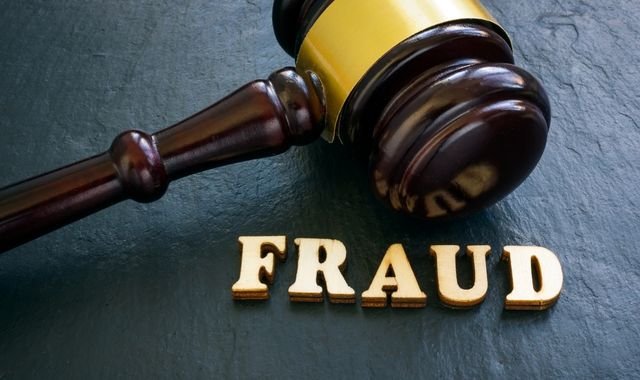In our digital age, internet fraud is a growing threat that affects millions of people worldwide. Understanding what to do about internet fraud is crucial for protecting your personal and financial information. This article outlines key steps you can take to prevent internet fraud and what actions to take if you become a victim.
Recognizing the Signs of Internet Fraud
Internet fraud can take many forms, including phishing scams, identity theft, online shopping fraud, and credit card fraud. Recognizing the signs of internet fraud is the first step in protecting yourself. Phishing scams often involve emails or websites that mimic legitimate ones, tricking users into providing personal information. Identity theft occurs when a cybercriminal obtains your personal information and uses it without your consent, often for financial gain.
Protecting Your Personal Information
To protect yourself from internet fraud, it’s essential to safeguard your personal information. This includes using strong, unique passwords for all your online accounts. A strong password typically includes a mix of letters, numbers, and special characters. Additionally, enable two-factor authentication (2FA) on your accounts to add an extra layer of security. Avoid sharing sensitive information over unsecured networks and be cautious about what you share on social media.
Safe Online Shopping Practices
When shopping online, ensure the websites you use are legitimate and secure. Look for “https” in the website’s URL and a padlock icon next to it, indicating that the site is secure. Avoid shopping on unfamiliar websites that offer significant discounts or ask for unusual payment methods. Stick to well-known retailers and verify the website’s authenticity before making any purchases.
Monitoring Financial Transactions
One of the most effective ways to catch internet fraud early is to monitor your financial transactions regularly. Review your bank and credit card statements frequently to spot any unauthorized transactions. Many financial institutions offer real-time alerts for any unusual activity on your accounts, which can help you act quickly if something seems amiss. If you detect any fraudulent transactions, report them to your bank or credit card issuer immediately.
Reporting Internet Fraud
If you fall victim to internet fraud, reporting the incident is crucial. Contact your bank or credit card company to report the fraudulent activity and freeze your accounts if necessary. Additionally, report the fraud to law enforcement agencies such as the Federal Trade Commission (FTC) in the United States, or the relevant agency in your country. Reporting internet fraud helps authorities track down the perpetrators and can assist in recovering stolen funds.
Protecting Your Devices
Your devices are often the gateway through which cybercriminals gain access to your personal information. Protect them by installing reputable antivirus software and keeping it updated. Regularly update your operating system and other software to ensure they are protected against the latest threats. Avoid downloading apps or software from untrusted sources, as they may contain malware designed to steal your information.
Educating Yourself and Your Network
Staying informed about the latest internet fraud schemes is one of the best ways to protect yourself. Cybercriminals constantly evolve their tactics, so it’s important to stay updated on new threats. Share what you learn with friends, family, and colleagues to help them stay safe online. Many organizations provide resources and training on internet safety, which can be invaluable in building a more secure online environment.
Taking Action After a Breach
If you discover that your information has been compromised, take immediate action to mitigate the damage. Change your passwords, especially for any accounts linked to your financial information. Contact your bank or credit card issuer to alert them of the breach and monitor your accounts for any suspicious activity. Consider placing a fraud alert on your credit report to prevent identity theft.
Legal Recourse for Internet Fraud
In cases of significant financial loss or identity theft, you may want to consider legal action. Consulting with a legal professional who specializes in cybercrime can help you understand your options. They can guide you through the process of recovering lost funds and taking legal action against the perpetrators.
Conclusion
What to do about internet fraud is a growing concern, but by taking proactive steps, you can protect yourself and minimize the risk of falling victim. Recognizing the signs, protecting your personal information, being cautious with online transactions, and reporting any suspicious activity are all crucial actions to take when dealing with internet fraud. Remember, education and vigilance are your best defenses against cybercriminals. Stay informed, stay secure, and know what to do about internet fraud to safeguard your digital life.



